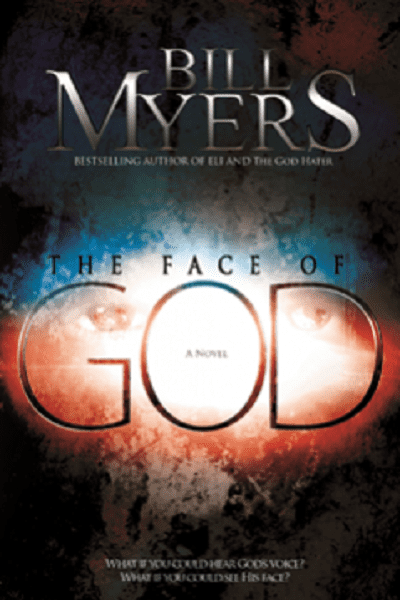The Face of God
Publisher: FaithWords
ISBN-10: 098260789X
ISBN-13: 978-0982607893
About the Book
What if you could hear the voice of God or actually see His face?
Two men of opposite faiths share the same quest.
The Pastor: His wife of twenty-three years has been murdered. His faith in God is crumbling before his very eyes. Now, with his estranged son, he sets out to find the supernatural stones spoken of in the Bible. Stones that will enable the two of them to hear the audible voice of God. Stones that may rekindle their dying faith and love.
The Terrorist: He has also learned of the stones. He too must find them–but for much darker reasons. As the mastermind of a deadly plot that will soon kill millions, he has had a series of dreams that instruct him to first find the stones. Everything else is in place.
With the lives of millions hanging in the balance, the opposing faiths of these two men collide in an unforgettable showdown. From America to Israel, to France to Africa, the men race to find their quarry. But ultimately what they reach is deeper understanding.
The Face of God is another thrilling and thought-provoking novel by a master of the heart and suspense, guaranteed to open reader’s eyes to re-examine their relationship with God and their attitude toward non-believers.


